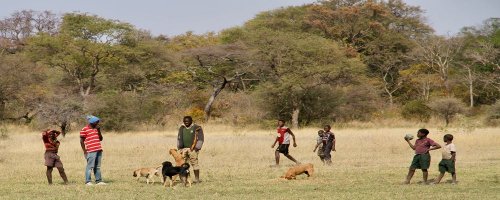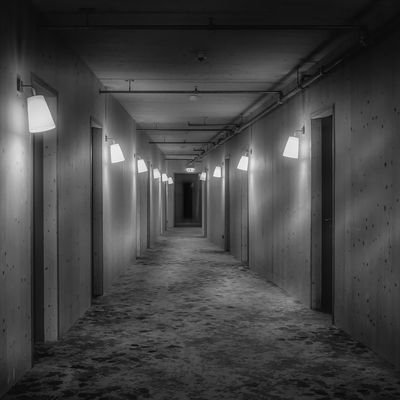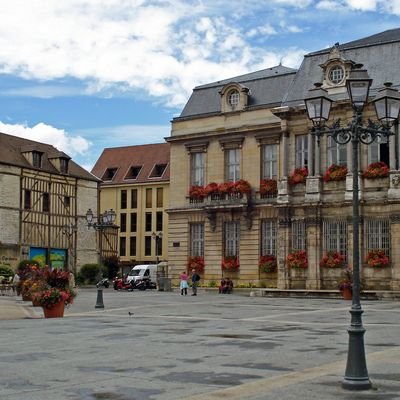Zambia has many intricate layers born of hardship, corruption and quick population growth. As a transient traveller I do not profess to know the in-depth machinations of its economy or culture, but I was shown in a short period of time an unwavering friendliness and willingness to take me into a life that was totally foreign to me.
As a pseudo-local living in Zambia you have to get used to being called ma'am or sir, to have someone do your bidding, make your bed and do your laundry. It's the oil slick at the top that employs the majority and making sure there are enough jobs for your house staff to keep them employed is a given, even if you have to resist washing your own dishes at night. Honesty in your staff is paramount, with many staff being totally taken care of by their employers to the point of living within their house "grounds". Many staff members have worked for the same employer for as long as 25 years and become a part of their employers' daily existence.
Going shopping is in gated supermarkets with security guards at the entrance, and it is a game of potluck to find what you want, as Zambia relies totally on imports. You may have to go to three supermarkets to find that particular item and dodge ladies with houseboys carrying their purchases. It is where Coca-Cola bottles still carry a deposit and are recycled, where amazing cheeses are hard to find, and undesirable critters can get in your undies when hanging on the line in the wet season, therefore they must be ironed! It's where you swallow a malaria tablet every morning and hope that you don't get tick bite fever.
Amazing houses huddle in style behind huge gated compounds with electric grills along the top and panic buttons sit beside your bed at night. If by some chance your security alarm goes off, you will have a visit by three burly gun-totting men who won't leave until they make sure you are safe. It overflows with those who "have" and those who "have not", with nationality being no distinction and where white faces are in the minority, unlike Cape Town in South Africa.
Leopard Hills Road, which I travelled frequently to get to my favourite shop of delectable samosas, goes on forever. In fact, if you keep on following it, you will end up in the city of Livingstone. This long bitumen road with billowing red dust on its shoulders was a source of much interest to me because of the local activity. It had a life of its own, from being the end of the road for many at the Old Leopards Hill Cemetery to an entrepreneurial hub where locals were selling everything from woven furniture to handmade baskets.
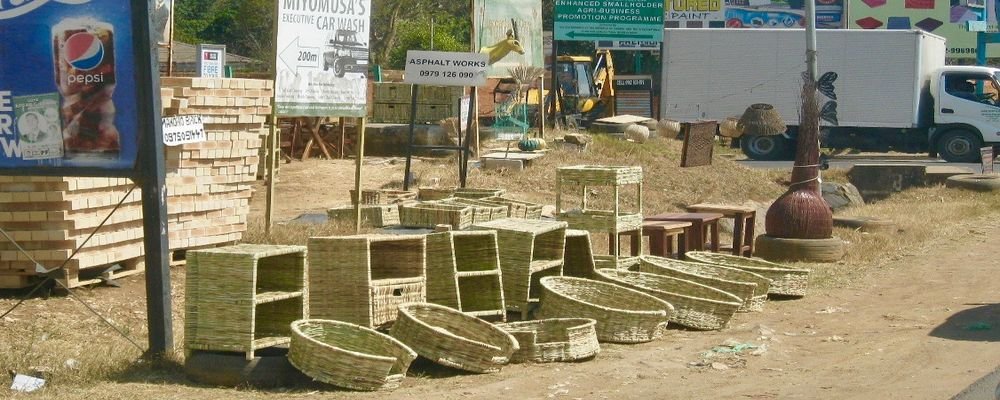
Sitting at traffic lights was a constant shaking your head moment, as you were invaded by strapping young men selling all sorts of fruit, whilst curbside various mobile telecommunication service providers had colorful boxes as shop fronts. One stretch of the road was entirely comprised of stacked building materials, from large slabs of slate to mounds of powdery sand and bags of concrete. It was here in the mornings where the locals would congregate, waiting to be picked up for work, whether it was to be loaded into the back of a truck or squished into mini-vans that certainly were not on the roadworthy side.
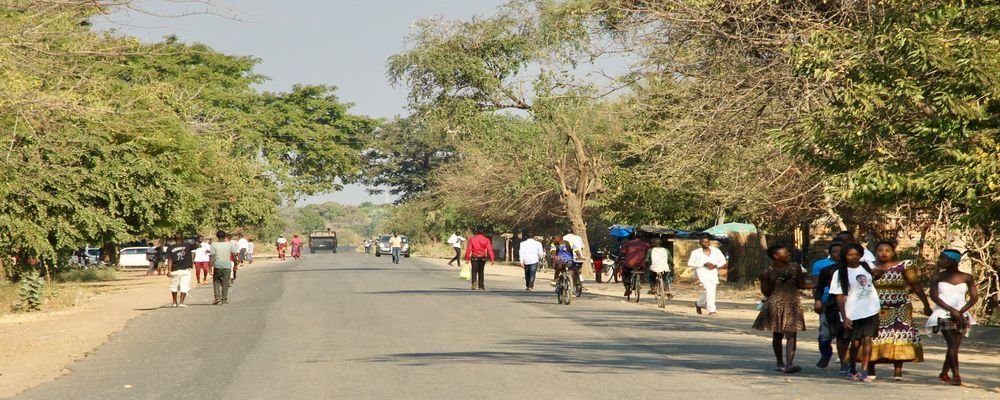
This particular road became to me the "people's highway", as you could always see a colorful parade of women carrying babes on their backs, balancing buckets on their heads or walking three or four abreast, deep in conversation. School kids almost ran along this stretch with their backpacks bouncing, and occasionally you would see a guy pedaling a bicycle that was loaded up with bags of charcoal. One of the settlements of the poor Anthu sat just off this road. Shantytown in nature, it is where little kids swarm with no adult supervision, where washing hangs in colorful disarray from wherever it is possible, block constructed boxes (aka houses) with messy yards sit in disarray almost on the road, and mountains of rubbish are dumped in makeshift rubbish dumps, creating a breeding ground for cholera. Local philanthropic businessmen often pay to send in trucks to clear these dumping grounds, but for every trash-laden truck that leaves, more rubbish takes it place.
The main town of Lusaka is more like an old big country town cloaked in aged square ugly buildings, with financial institutions and banks from all over the world dominating the skyline. The city is bustling and chaotic, with roundabouts where it is first come first serve, as far as traffic rules go. The city markets provide the perfect opportunity for "people" photography, such as astoundingly beautiful women walking proudly with bananas in woven baskets on their heads, locals with their bubbling pots of spicy concoctions and narrow dank alleys. Sadly it is a case of "don't flash that big camera or it may not be in your hands for long", so the snapshots are caught in your mind only. People hang out of whatever transport they can jump on, and the local buses overflow with arms and legs whilst blaring African music heralds their passing along the road.
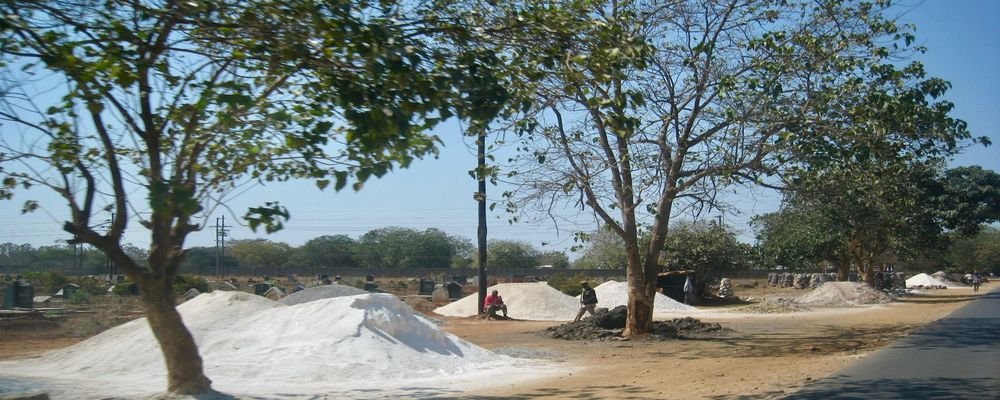
Mfuwe township, which you will go through to get to the South Luangwa National Park, is a hodge podge of block constructed buildings interspersed with thatched open shacks, where displayed local produce becomes a magnet for insects and a repository for red powder fine dust. Locals clad in bright colors meander along the roadside, and bicycles are predominantly the transport mode in use, other than foot power. There are very few cars to be seen. Enclaves of thatched huts with smoky fires dot the roadsides and groups of kids flash smiles and wave as you drive past in your transit van of comfy air-conditioning. The outside air is hot, dusty and smoky, as hand-woven rattan mats for sale adorn the roadside.
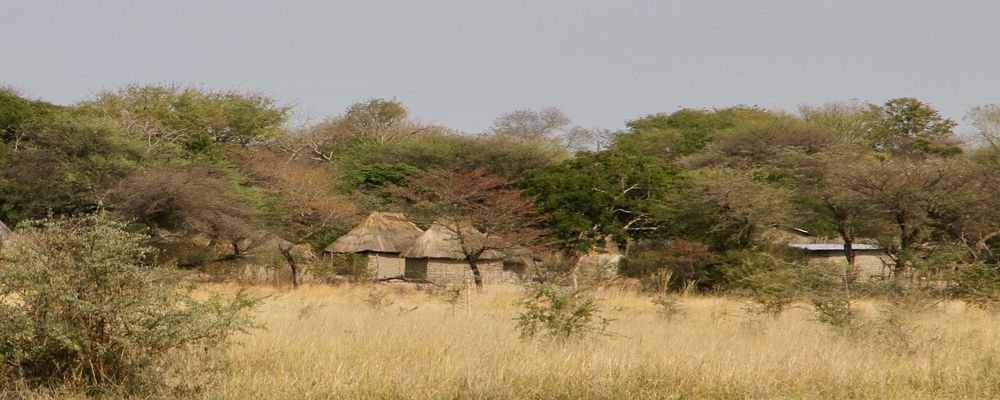
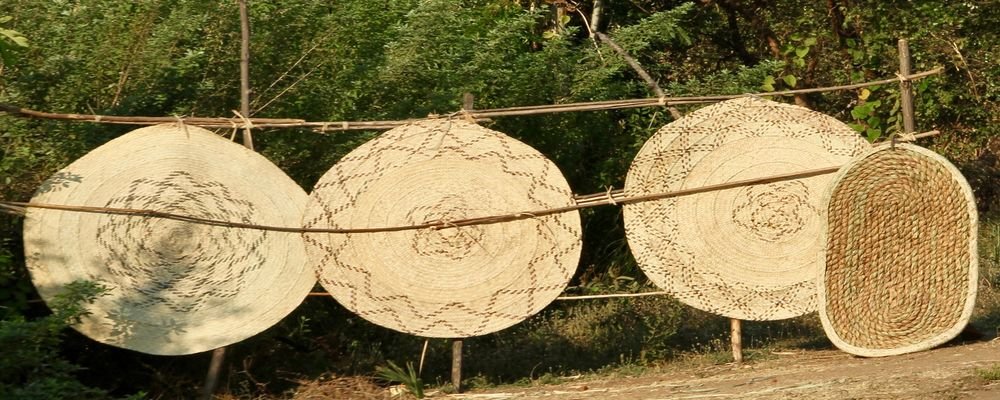
When landing on remote dirt tracks (aka bush air strips) in a light plane to get to the tiger-fishing mecca of Zambelozi Lodge located 35 km from Sesheke, you will be greeted by crowds of kids from the nearby village huts that adorn the apron of the runway. It appears to be their playground and the path through to the Zambezi River when washing needs to be done. A small plane landing is a magnet that can't be ignored by the determined youngsters with their dogs in tow.
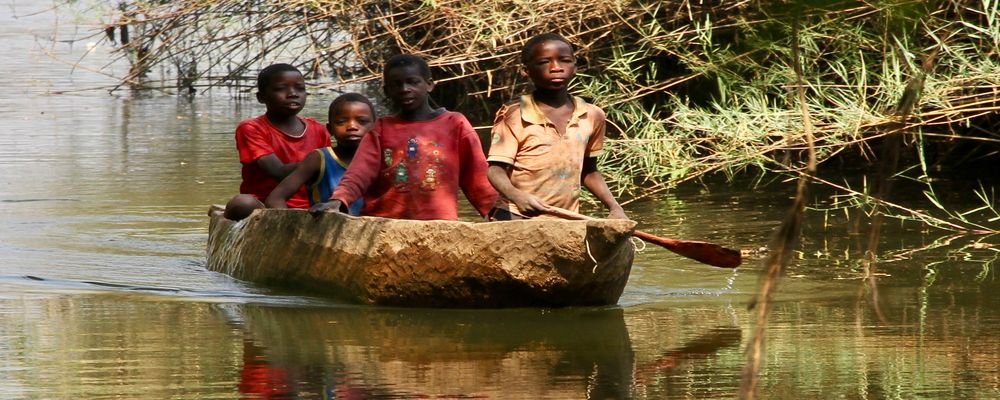
The incredible main highway is again a "peopleway", as groups of kids and older folk walk along its dusty sides. Thatched village compounds appear regularly of an assorted mix of block-constructed houses standing side by side with more traditional mud-brick round huts balancing coned-shaped thatched roofs. The ever-flowing Zambezi, with its bounty of fish and crocodiles, is home to many locals living on its rough-hewn banks of long reeds and gracefully bowing trees. Women bathe and wash on its banks as they have forever, subsistence farming and fishing their only way of survival. Boys ply the waters in hand-carved dugouts to go to the rapids for fun in the heat, whilst crocs lurk beneath the surface, pods of hippos create "rafts" in the Zambezi's placid sections of the river, and numerous birds, such as African fish eagle soar in the sky.
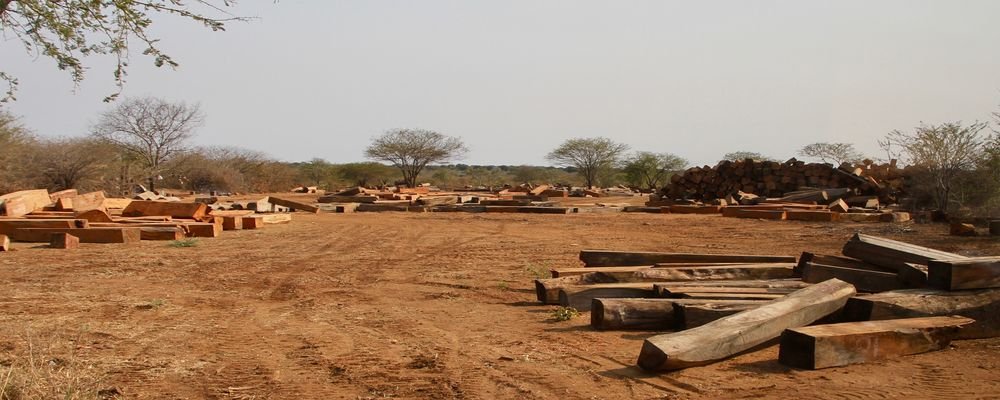
All the while Zambezi is being swallowed up by the Chinese in a frenzy of infrastructure creation, with a sideline of stripping the land's natural resources, such as denuding its forests for timber to be sent back to their homeland. Yes, corruption is rife, but this astounding and stunning country, where the average person may earn as little as a dollar a day, will survive, as it has for eons by its intrepid entrepreneurial spirit that permeates the African soul—whether it is that of an indigenous Zambian or one of the many nationalities that have made this fascinating country their home.
Gail Palethorpe, a self proclaimed Australian gypsy, is a freelance writer, photographer and eternal traveller. Check out her website Gail Palethorpe Photography and her Shutterstock profile.

